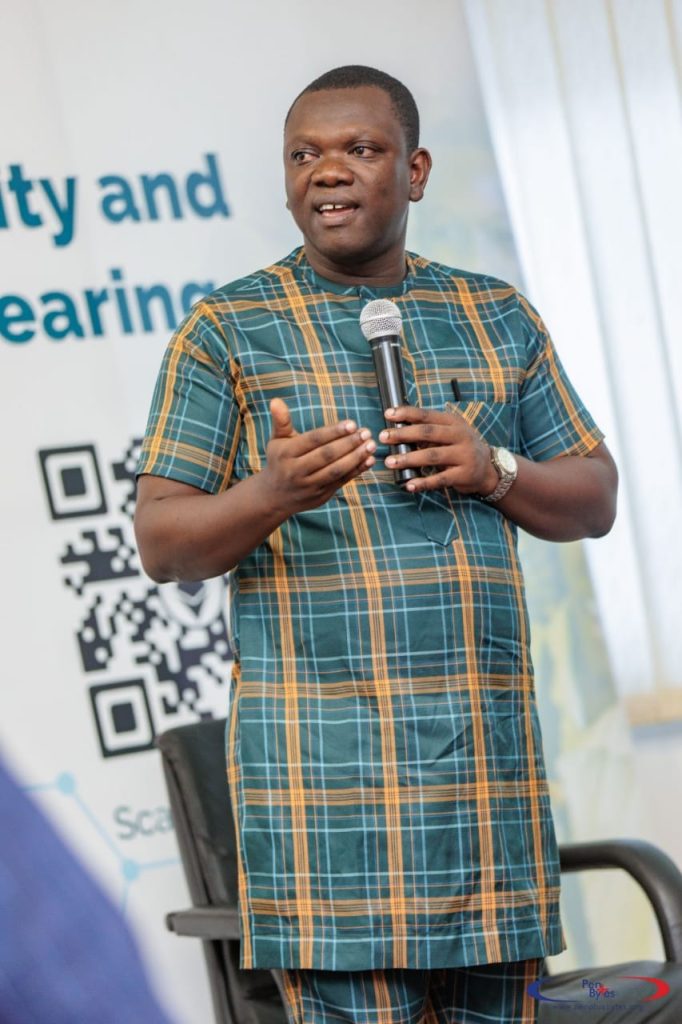By Lydia Kukua Asamoah
Accra, Aug 28, GNA – A new research report has supported the relevance of the various social protection programmes being implemented by the Government for the citizenry and called for increased budgetary allocation.
The five social protection programmes, namely, the Ghana School Feeding Programme (GSFP), the Livelihood Empowerment Against Poverty (LEAP), Capitation Grants (CP), Labour Intensive Public Works (LIPW) and the National Health Insurance Scheme (NHIS) were identified as having the potential to reduce poverty among Ghanaians.
However, all the programmes said they lacked the needed resources to function properly.
The findings of the research that was commissioned by the Ghana Civil Society Partnership on Social Accountability for Social Protection, and shared at an event in Accra, indicated that inadequate budgetary allocation had been a major factor hampering the smooth implementation of the social protection programmes as the country spends less than one per cent of Gross Domestic Product (GDP) on such programmes.
“It is suggested that in line with global benchmarks and commitments, the Government should target a gradual increase of social protection spending up to 4.5 per cent of Ghana’s GDP by 2025”, the report presented by Dr Isaac Nyarko Kwakye, a consultant of Send Ghana, a Civil Society Organisation (CSO) stated.

Dr Kwakye presented the findings at the “Social Accountability and Economic Justice Clearing Platform” forum organised by Penplusbytes, a not-for-profit organisation in Accra as part of its implementation of a two-year Health, Education, Resource Equity (‘HERE) and Now’ project.
The HERE and Now project seek to equip citizens with usable information via the #Shortchanged mobile app mashed-up with social media to promote their purposeful participation in demanding accountability and responsiveness from decision makers for effective delivery of national public services delivery.
Dr Kwakye said the CSOs partnership research, also identified a huge variation between approved budget allocations and disbursements, evidence that social protection budget planning and execution was a challenge.
“All respondents, including government personnel, beneficiaries and non-beneficiaries from selected districts on the various programmes complained about the delays and irregular release of funds.
“As a matter of priority, it is important that the ministry of finance and the respective sector ministries work to improve social protection budget execution, by adopting measures to ensure timely release of funds, and payment to beneficiaries and persons who provide services like feeding programmes caterers. Funds must be released before the academic year begins,” Dr Kwaye said.
Meanwhile, Mr Felix Amakye, a Lecturer at the Institute of Government Studies, and a consultant explained that under the Penplusbytes’ HERE and Now project, another study was undertaken on prominent social protection programmes, including the Free Senior High School programme, Common Fund Disbursement to Persons with Disabilities, the GetFund, Supplementary Feeding and Nutrition Education Programme, among others, corroborated the earlier findings of the CSOs group.
Mr Amakye said issues of poor governance, weak institutions, systemic corruption, and inadequate budgetary allocation were identified as making access to health and education services in Ghana a critical problem, especially for vulnerable groups.
Mr Jerry Sam, the Executive Director of Penplusbytes, said, “the stakeholder Clearing Platform on Social Accountability helped to discuss the existing social accountability approaches and their associated advantages and challenges as well as the role of ICT tools in facilitating social accountability.”
He mentioned key outcomes of the meeting included sensitization of stakeholders on the level of implementation of the selected policies, finding solutions to challenges and gaps identified in the implementation of social protection policies in the country and garnering support in the drive to ensure there was value for money in the implementation of the various policies.
The forum also helped to provide the opportunity for social accountability actors to come out with common issues for concerted advocacy on better service delivery in the selected social intervention policies by the Government.
He said the same project, being funded by the Open Society Initiative for West Africa (OSIWA), was being implemented in Mali as well in partnership with ID-Sahel in Mali.
The event brought together Ministries, Agencies, Departments, and other civil society organizations in the social accountability space.
GNA